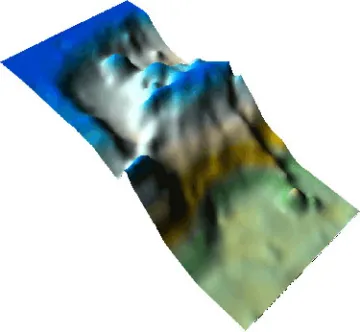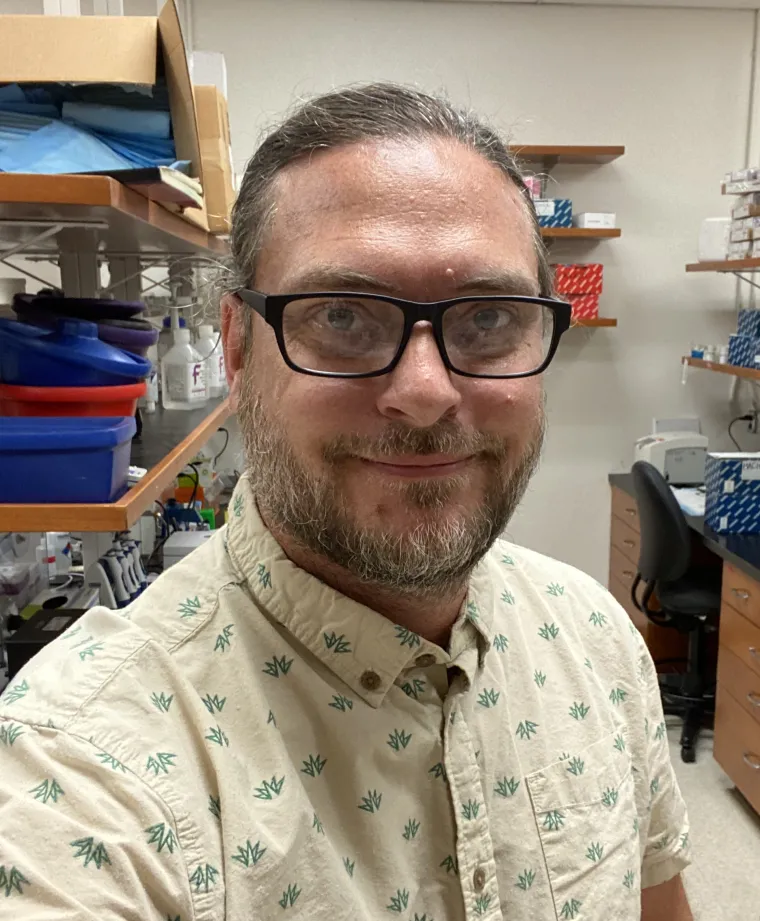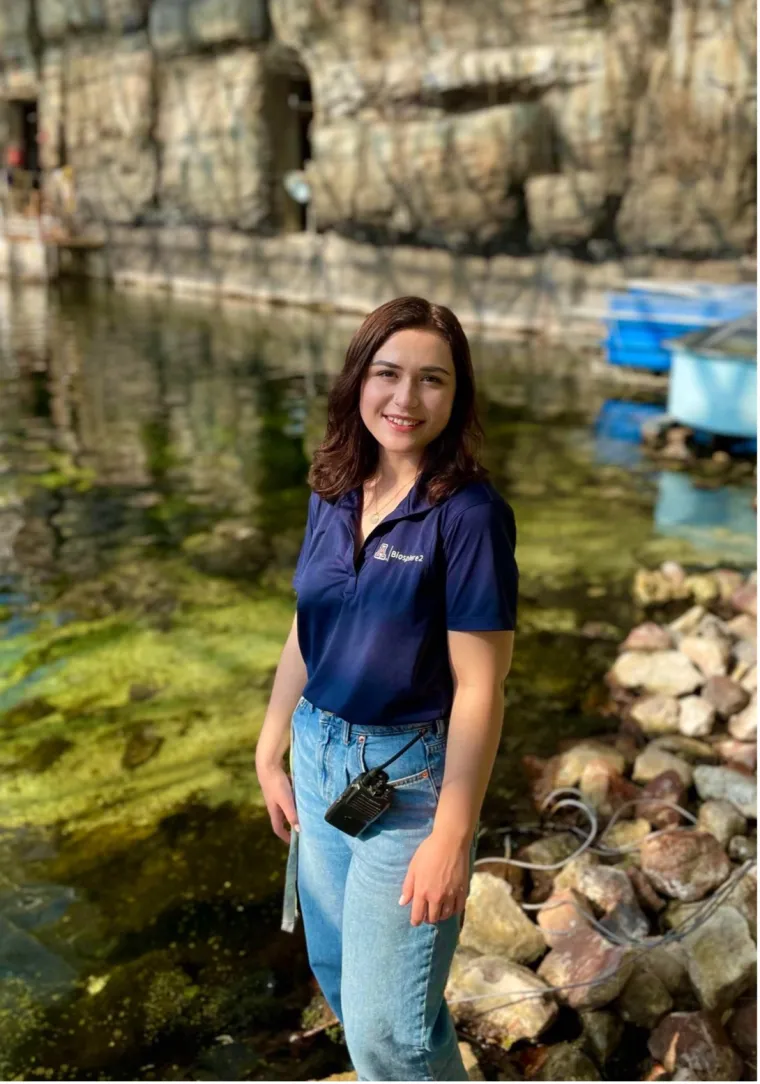The Biosphere 2 Ocean provides a unique opportunity to develop, test, and deploy solutions to the coral reef crisis.
Why do Research on Coral Reefs?
In the past few decades, we have lost roughly half the world’s reef coral. Most of the rest will die by midcentury if warming continues unabated. Even if they persist through warming, the reefs of the future may not look like those of today. Heat tolerance varies among species and individuals, leading to a loss of diversity as warming intensifies. This variability does provide some hope: hardier corals may form the basis for future reefs which, although reduced in taxa, can still provide the critical goods and services to society.
This crisis is motivating new, urgent efforts to preserve corals, reefs, and the benefits–food, shoreline protection, tourism, cultural touchstones–that they provide for the ~1 billion people who live in their proximity. The science and practice of reef restoration, combined with innovative solutions for increasing corals’ resistance to stress, provide great potential for rebuilding resilient reefs. We identify an acute need for a platform to develop and test novel, even radical, coral reef interventions in ways that do not threaten the planet’s remaining natural reefs. Advancing reef restoration science and practice requires the capability to conceive and test a broad range of approaches, including those that seem radical in historic context. As one example, the methods of assisted evolution aim to optimize coral resistance to heat stress, using selective breeding, microbiome manipulations, and hardening via repeated stress exposures. Another example might be an engineered, modular reef with a reduced or novel species mix, to help coastal communities weather the loss of a local reef that provides food and coastal protection. These novel approaches cannot be tested on natural reefs, due to limits of accessibility, complex and compounding stressors, natural disruptions, and tight management of these vulnerable ecosystems. Biosphere 2’s experimental Ocean offers a unique opportunity to accelerate the science and practice of reef restoration and generate solutions to the global coral reef crisis.
Why do Coral Research at Biosphere 2?
The Biosphere 2 Ocean holds unique strengths for the study of coral reef restoration and environmental stress. We aim to build a reef that can survive future climate change, at the scale of an ecological community that is sufficiently complex to have its own emergent properties. We will perturb this reef in specific and highly controlled ways, and track the response at unprecedented resolution, from the genomic through the community and biogeochemical scales. We are not bound by existing ecological associations or biogeographical constraints, but can explore whether combining species differently can enhance resilience. These activities cannot be undertaken on a natural reef, as the potential consequences for an existing vulnerable ecosystem is too great. Nor can they be done in a small aquarium or a meter-scale mesocosm, which lack the requisite scale and complexity. The unique combination of scale, control, and accessibility of the Biosphere 2 enable us to address key grand challenges in the restoration of resilient coral reef ecosystems.
Grand Challenge Questions:
A number of “Big Ideas” or questions in the coral reef community can be uniquely addressed in the Biosphere 2 Ocean:
- How do novel interactions among species on pan-global, restored coral reefs dictate ecosystem health, structure, and function in a changing environment?
- Can reef organisms acclimatize and/or adapt rapidly to ocean change? How long does resistance persist, and can it be passed between generations?
- How are compounding stressors (e.g., warming, acidification) impacting reef growth (i.e., calcification) at the ecosystem scale?
- What technologies and cyber infrastructure are required to successfully restore and monitor coral-reef ecosystems and disseminate data?

Project description:
These grand challenges will be tackled in a three-phase research program covering 5-8 years. Each phase will be preceded by intensive planning that includes expertise from all scales of reef science: genomic, microbial, organismal, behavioral, community, biogeochemical. We will also engage reef restoration and management professionals so that we understand the challenges they face and they develop familiarity with the novel approaches that we are exploring.
Expected Impacts:
The reef crisis demands an urgent response, or our planet will lose an iconic ecosystem, and hundreds of millions of humans will suffer. If we intend to intervene, we need a safe place to develop and test these interventions. The Biosphere 2 Ocean will allow us to ask new kinds of questions, explore and apply novel interventions, and improve the chances for reef survival.
Related Links
Other Resources
Get involved!
We are fortunate to have a great group of volunteers who have been maintaining the ocean tank and are excited to build for its future. We will be working with scientists, aquarists, museum designers, and artists, to ensure that the changes we make help achieve Biosphere 2’s research, outreach and education goals. We would love for YOU to be a part of this transformation. If you would like to volunteer, plan your research project around the ocean, or know of a student or scientist who should be part of this project, let us know! Please fill out our qualtrics survey for interested interns or volunteers. Contact Dr. Diane Thompson with any inquiries at thompsod@arizona.edu.






